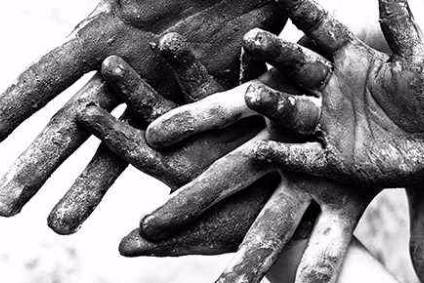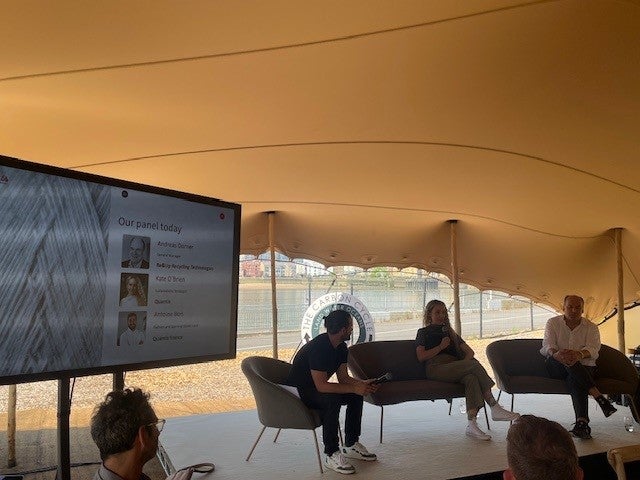
The DHS recently announced a strategic partnership between the Department’s Center for Countering Human Trafficking (CCHT) and NGO Liberty Shared to enhance the its ability to investigate forced labour in supply chains.
“Partnerships are essential in the fight to bring traffickers to justice and put victims on the path to recovery,” said Secretary of Homeland Security Alejandro N. Mayorkas. “We recognise the need to use every resource possible to further our Department-wide mission of ending the heinous crime of human trafficking.”
The partnership with Liberty Shared, formalised through a Memorandum of Understanding signed last week, will enable CCHT to further streamline intelligence, initiate new criminal investigations, and advance ongoing investigations to hold corporations and individual perpetrators accountable.
Liberty Shared will provide CCHT and HSI with critical documentary evidence to support allegations that forced labour is occurring at manufacturing facilities in countries of interest. The collaboration will also be instrumental in arranging critical interviews with victims identified in ongoing criminal cases.
“By leveraging all available authorities, resources, and expertise at our disposal, we can put a stop to forced labour and take down organisations that continue to profit from it,” says Cardell Morant, CCHT director. “Human trafficking crimes not only inflict severe physical and psychological trauma on those subjected to exploitation and abuse, they also perpetuate related illicit conduct including smuggling, document fraud, racketeering, and financial crimes.”
According to the DHS, globally, forced labour is estimated to be the predominant form of human trafficking. Human trafficking victimises an estimated 25m people around the world, of whom 80% are victims of forced labour and 20% are victims of sex trafficking.
“The Department of Homeland Security’s Center for Countering Human Trafficking makes criminal justice enforcement against perpetrators benefitting from forced labor a reality,” says Duncan Jepson, managing director of Liberty Shared. “Cases are being opened and eventually we hope there will be prosecutions. Liberty Shared is pleased to enter this memorandum of understanding with the Center to support their work of improving law enforcement outcomes and increasing the potential of interagency coordination across the US government and its partners.”
DHS states that partnerships with NGOs and civil society organisations (CSOs) are essential for the Department, including Customs and Border Protection and CCHT, to identify corporations using forced labour in their supply chains, advance counter-human trafficking law enforcement operations, protect victims, and enhance prevention efforts, including the first-ever supply chain criminal investigations made possible by this new partnership. It adds that the ability of NGOs and CSOs to connect with forced labour victims to gather preliminary information has played a critical role in supporting the department’s criminal investigations of forced labour currently underway globally.
Just last week, campaign groups were urging US and European governments to take steps to eliminate Turkmen cotton from supply chains entirely after it was found the 2021 cotton harvest engaged forced labour and child labour.
A new report from Turkmen News and the Turkmen Initiative for Human Rights, which are both members of the Cotton Campaign, asserted there is no way to prevent the practice of forced labour and child labour in Turkmenistan’s cotton harvest.







